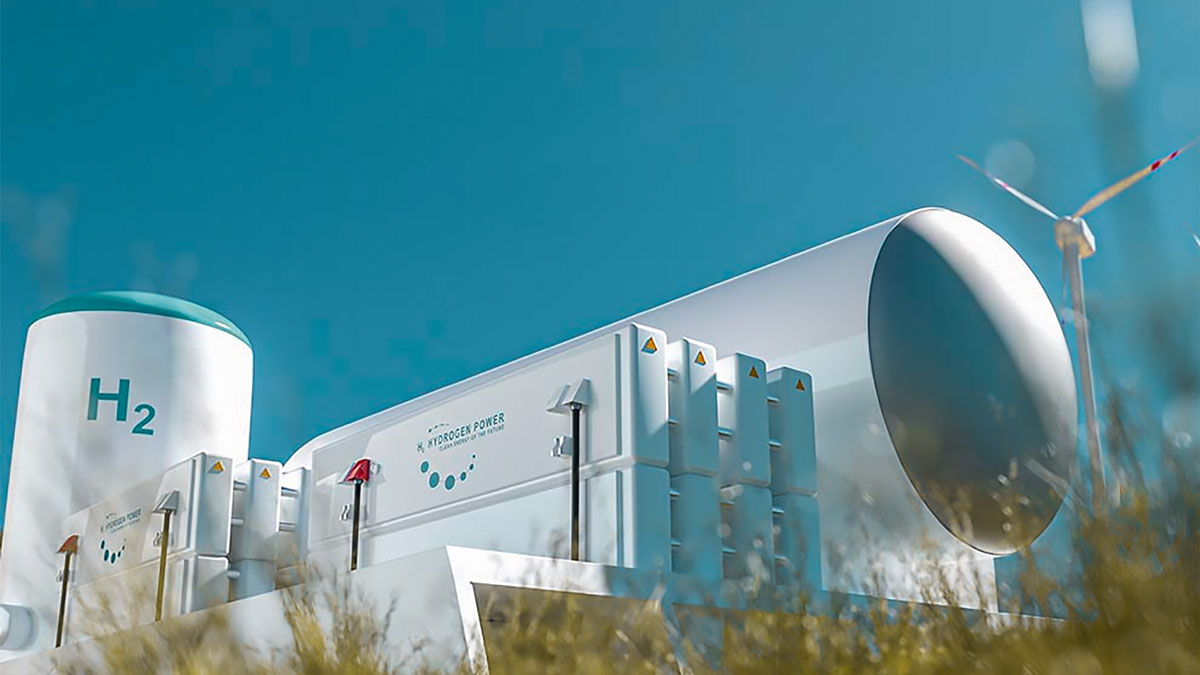The Hydrogen Shot establishes a framework and foundation for clean hydrogen deployment in the American Jobs Plan, which includes support for demonstration projects. Industries are beginning to implement clean hydrogen to reduce emissions, yet many hurdles remain to deploying it at scale. Currently, hydrogen from renewable energy costs about $5 per kilogram. Achieving the Hydrogen Shot's 80% cost reduction goal can unlock new markets for hydrogen, including steel manufacturing, clean ammonia, energy storage, and heavy-duty trucks. This would create more clean energy jobs, reduce greenhouse gas emissions, and position America to compete in the clean energy market on a global scale. These efforts would ensure that environmental protection and benefits for local communities are a priority.
The U.S. Department of Energy's (DOE's)
Energy Earthshots Initiative aims to accelerate breakthroughs of more abundant, affordable, and reliable clean energy solutions within the decade.
Achieving the Energy Earthshots will help America tackle the toughest remaining barriers to addressing the climate crisis, and more quickly reach the Biden—Harris Administration's goal of net-zero carbon emissions by 2050 while creating good-paying union jobs and growing the economy.
The first Energy Earthshot, launched June 7, 2021 — Hydrogen Shot — seeks to reduce the cost of clean hydrogen by 80% to $1 per 1 kilogram in 1 decade ('1 1 1').
If the Hydrogen Shot goals are achieved, scenarios show the opportunity for at least a 5-fold increase in clean hydrogen use. A U.S. industry estimate shows the potential for 16% carbon dioxide emission reduction by 2050 as well as $140 billion in revenues and 700,000 jobs by 2030.
Hydrogen Shot would catalyze innovation in any hydrogen pathway with potential for meeting the targets — such as renewables, nuclear, and thermal conversion — providing incentives to diverse regions across the country.
The U.S. Department of Energy Hydrogen Program, led by the Hydrogen and Fuel Cell Technologies Office within the Office of Energy Efficiency and Renewable Energy, conducts research and development in hydrogen production, delivery, infrastructure, storage, fuel cells, and multiple end uses across transportation, industrial, and stationary power applications. The program also includes activities in technology validation, manufacturing, analysis, systems development and integration, safety, codes and standards, education, and workforce development.
As part of the launch, at DOE's Hydrogen Program Annual Merit Review, DOE's Hydrogen Program issued a Request for Information (RFI) on viable hydrogen demonstrations, including specific locations, that can help lower the cost of hydrogen, reduce carbon emissions and local air pollution, create good-paying jobs, and provide benefits to disadvantaged communities.
DOE activities in hydrogen include several offices and a total of approximately $400 million in the President's Fiscal Year (FY) 2022 Budget Request. This compares to approximately $285 million related to hydrogen in FY 2021. Pending appropriations, DOE anticipates funding opportunities and other activities to help advance progress toward meeting Hydrogen Shot goals.
Recently, Southern California Gas (
SoCalGas) made public several of its research and development initiatives designed to enable low-cost, clean hydrogen have been submitted to the U.S. Department of Energy's (DOE) Earthshot Hydrogen Program's Request for Information (RFI). The submissions are intended to help DOE's Hydrogen Program prioritize projects that would accelerate clean hydrogen innovations that could reduce emissions, create jobs, and facilitate a net-zero carbon emissions economy by 2050. SoCalGas is working with multiple collaborators on these initiatives, including the University of California Irvine, University of California Los Angeles, and the Green Hydrogen Coalition, among others.
"
Green hydrogen is a renewable energy source that can be ready-to-go whenever it's needed for power generation, manufacturing, or transportation," said Maryam Brown, SoCalGas President.
"We believe this flexible, storable fuel will be essential to achieving net-zero emissions in California, and that is why we are working collaboratively with these partners to advance these important hydrogen projects."
